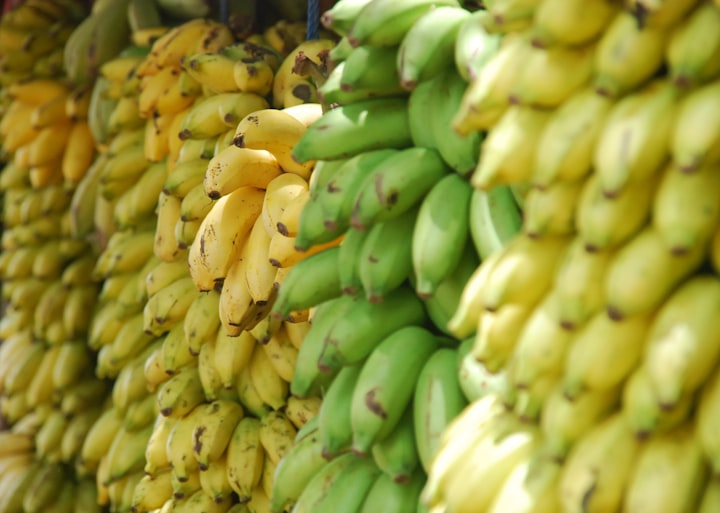The Intersection of Climate Change and Global Food Security
Challenges, Impacts, and Sustainable Solutions

Climate change and global food security are two interconnected global challenges that have garnered increasing attention in recent years. As the planet's climate continues to change due to human activities, its effects on agriculture and food production are becoming more evident. This article attempts to explore the complex relationship between climate change and global food security, highlighting the challenges, impacts, and sustainable solutions required to address this pressing issue.
Challenges:
Extreme Weather Events: Climate change is leading to more frequent and severe extreme weather events, such as droughts, floods, hurricanes, and heatwaves. These events disrupt food production by damaging crops and infrastructure, leading to reduced yields and food shortages.
Changing Growing Seasons: Altered precipitation patterns and temperature fluctuations are causing shifts in growing seasons. Farmers are struggling to adapt to these changes, as traditional planting and harvesting times may no longer align with optimal conditions for crop growth.
Water Scarcity: Climate change exacerbates water scarcity issues in many regions, making irrigation and water management for agriculture more challenging. Competition for limited water resources intensifies, affecting both crop production and livestock farming.
Crop Pests and Diseases: Warmer temperatures and altered weather patterns create favorable conditions for the proliferation of crop pests and diseases. This necessitates increased pesticide use and reduces crop yields.
Impacts:
Food Insecurity: Climate change-induced disruptions in food production can lead to food shortages, price spikes, and increased food insecurity. Vulnerable populations, particularly in developing countries, are disproportionately affected.
Malnutrition: Limited access to diverse and nutritious foods can exacerbate malnutrition issues, especially among children and pregnant women. Climate-related food insecurity contributes to a rise in malnutrition-related health problems.
Economic Consequences: Climate change impacts on agriculture can have severe economic consequences, affecting the livelihoods of millions of farmers and rural communities. It can also increase the cost of food production and distribution, which can lead to higher food prices.
Migration and Conflict: Food scarcity driven by climate change can lead to population displacement and migration, increasing the potential for conflicts over resources and exacerbating existing political tensions.
Sustainable Solutions:
Climate-Resilient Agriculture: Promoting climate-resilient agricultural practices, such as crop diversification, water-efficient irrigation systems, and soil conservation techniques, can help farmers adapt to changing climate conditions.
Investment in Research and Innovation: Continued investment in agricultural research and innovation is essential to develop drought-resistant crop varieties, pest-resistant strains, and climate-smart farming practices.
Improved Infrastructure: Developing robust infrastructure for rural areas, including irrigation systems, storage facilities, and transportation networks, can help reduce post-harvest losses and improve food distribution.
Policy Support: Governments and international organizations need to implement policies that promote sustainable agriculture, reduce greenhouse gas emissions from the food system, and provide social safety nets for vulnerable populations.
Reducing Food Waste: A significant portion of food is lost or wasted at various stages of the supply chain. Efforts to reduce food waste can help stretch available resources further and mitigate food insecurity.
Climate Mitigation: Addressing the root causes of climate change by reducing greenhouse gas emissions is essential to long-term food security. Transitioning to renewable energy sources, sustainable land use practices, and reduced meat consumption can all contribute to this effort.
In conclusion, the intersection of climate change and global food security presents a multifaceted challenge that requires immediate attention and concerted efforts from governments, organizations, and individuals. The impacts of climate change on food production and food security are already being felt, particularly by the most vulnerable populations. Sustainable solutions that focus on climate resilience, innovation, and equitable access to food are crucial to ensure a more secure and sustainable future for all. Addressing this critical issue demands a coordinated global response that recognizes the interdependence of climate and food security.





Comments
There are no comments for this story
Be the first to respond and start the conversation.